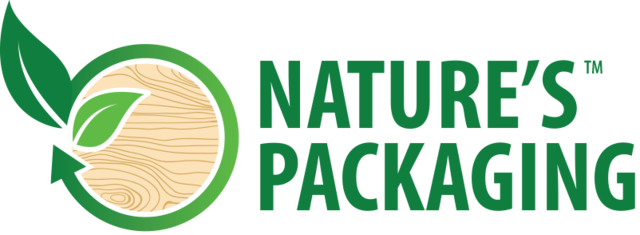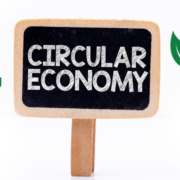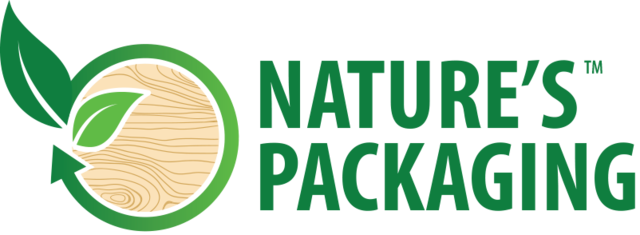The Circular Economy-New Idea, Re-Modeled
The definition of a circular economy is straightforward but transitioning to the new model remains challenging. Consumers and business leaders have grown accustomed to a wasteful, linear product lifecycle. Manufacturers fabricate goods, ship them to retail outlets, and people buy the items they believe provide the most significant value. But what happens afterward? Most people discard old or broken products without a second thought. Yet, a circular economy breaks the cycle of wastefulness, providing an alternative to the current system and a way to fight climate change.
The Circular Economy – The New Idea
According to the U.S. Environmental Protection Agency, a circular economy “keeps materials, products, and services in circulation for as long as possible.” The typical product lifecycle entails fabricating new items from raw materials, sometimes natural resources, but there is little emphasis on sustainability. If there’s a choice between saving money on production or operating with sustainability, most choose the easy route.
A circular economy takes a different perspective. There is a concerted effort to eliminate waste at a fundamental, systemic level. Products manufactured in the current linear economic structure will not be returned to the manufacturer and recycled.
In a circular economic model, they would. The manufacturer can repair, reproduce, or recycle products using re-fabricated parts, creating a return-loop that promotes and operates with less waste – and lower manufacturing costs. The most vital concept is to be as efficient as possible while maintaining sustainability, including (if possible) using renewable energy.
Circular Economy-Recovered and Recycled
A circular economy isn’t a theoretical framework because real-world examples exist. The difference is that the global economy has yet to shift to a new model. Still, businesses continue to demonstrate how to accomplish the feat and push back on climate change.
Supply Chain
Many international companies in consumer facing industries, like automotive or electronics, are implementing closed loop-reverse logistics programs to capture savings in their manufacturing processes. These businesses enabled a “reverse logistics” system in coordination with partners and suppliers. These organizations gather and reassemble disused components and re-sell them via their reverse logistics supply chain. The result is greater efficiency since reassembled parts cost significantly less than new components. Those savings get passed to consumers, and all parties’ benefit. These industries have renovated hundreds of thousands of parts and components that meet similar specifications as new components.
Wood Pallets
Companies in the wood pallet industry have adopted similar systems, where new products are recycled and re-manufactured from existing pallets. Circular economics in this sector have spawned businesses that recover wood in the form of used pallets and other wood waste and re-purpose it as viable products all the way through the end and beyond of its own product lifecycle. The recycled pallets have the same functionality despite being reused in the supply chain more than once. If waste byproducts occur, those byproducts get used in other ways, such as using leftover wood for compost, or even wood pellets. This way, every ounce of recycled wood has a purpose and reduces the number of trees required to meet demand.
Why is It Important?
Reduce, Reuse, and Recycle seem aimed at a personal level of responsibility to start and that is great. However, a circular economy model offers a different path forward. It allows businesses and consumers to participate in a healthy economic system that protects the environment and fights climate change. The assumption that circular economics introduces unnecessary costs is inaccurate because real-world examples prove it’s possible. The next step is the widespread deployment of circular economic principles, and that’s where the global economy stands today. There’s a clear choice between conducting business as usual or moving on to a sustainable system.


